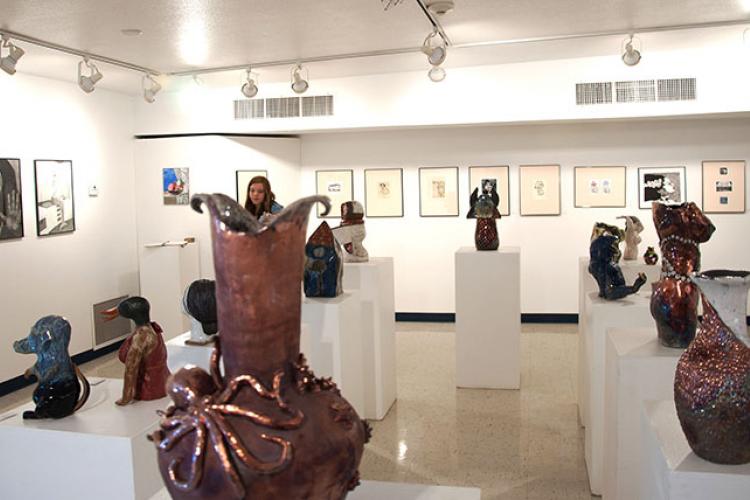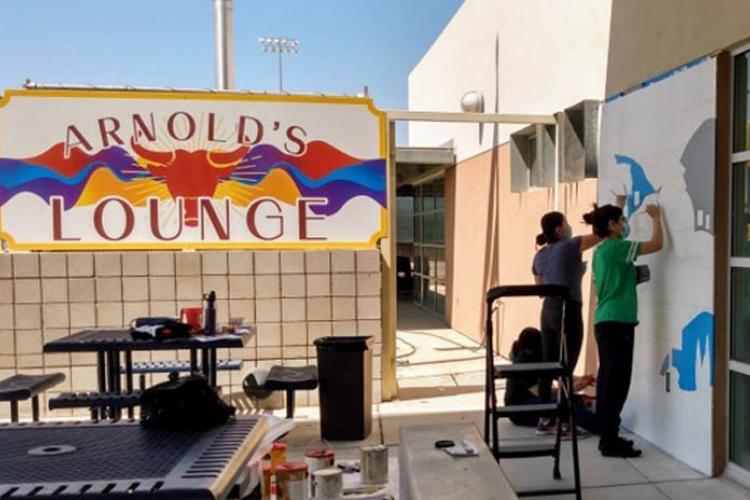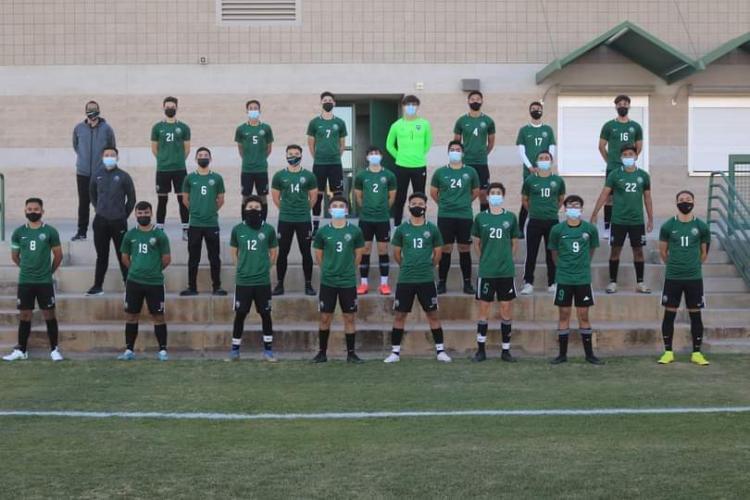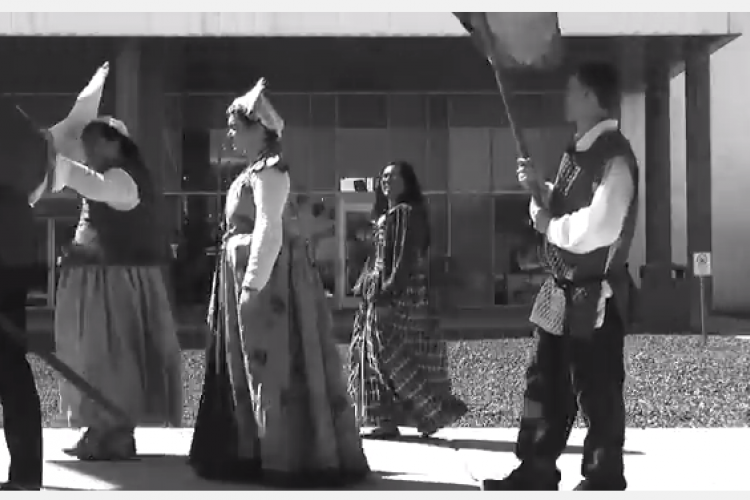
College students are prime targets for stalkers which has lead to a dramatic increase in their disappearances across the nation in the last few years.
Although we have not seen any disappearances at AWC, the predictability of student schedules and cyber-socializing increases the numbers dramatically for stalking, rape and kidnapping among college students. According to the U.S. Department of Justice, 74% of victims of stalkers are 18-39 years old when the stalking starts.
The rise in social networking on Facebook and MySpace leaves open access for stalkers to your personal information. John Edmundson, AWC Chief of Police, said about precautionary measures we can take, “ If you don’t recognize someone on Facebook or MySpace, don’t accept them as friends. And, make sure you have your security settings on.” Other precautions include avoid putting your physical address and phone numbers on the sites. Also, avoid stating where you are going, only where you have been. On campus, vary your routes to your classes and if it’s dark, always leave with a friend or co-worker.
The U.S. Department of Justice has listed several signs that are good indicators of stalking behavior:
1. Persistent phone calls despite being told not to contact the victim in any form.
2. Waiting at or outside the victim’s workplace, residence or school.
3. Overt threats.
4. Manipulative behavior (for example: threatening to harm themselves in order to get a response to such an “emergency” in the form of contact).
5. Sending written messages: letters, e-mails, graffiti, etc.
6. The persistent sending of gifts.
7. Defamation: The stalker often lies to others about the victim.
8. “Objectification”: The stalker derogates the victim reducing him/her to an object. This allows the stalker the ability to feel angry with the victim without experiencing empathy.
Spring break activities also provide easy access for violent behaviors to erupt. Guards are down as the party mode sets in and the heavy drinking begins. If someone is stalking you, but are not at the party, they might be waiting outside the party house for an opportunity to catch you alone. Always keep close to a friend, especially if you have been drinking excessively. Stay the night together, if need be.
Many students take off for Baja or Tijuana with friends and family during Spring Break. According to Mexican authorities, the kidnapping of U.S. citizens in Mexico has also increased in the past few years. Visitors to Mexico should use common sense and avoid making their wealth conspicuous.
It is also important to note that although the majority of college students being stalked are women, men are not immune. 40 white college men, with athletic and/or scholarly achievements, have disappeared from college campuses across the nation in the last two years.
Although we tend to think of stalkers and rapists as strangers, 93% of all kidnappings and rapes are perpetuated by people the victims knew in one way or another. Violent acts from strangers do occur, but they are actually very rare. If you know you are being stalked, get a witness and/or recording telling the stalker to stop one time before you report them. The person must know their behavior was unwanted if the case goes to court. (An important reason not to accept them as friends on cyper-sites.) Also, tell everyone you know that you are being stalked and describe the stalker to them.
If you do suspect someone is stalking you it is important to get professional assistance as soon as possible. You can call the campus police at 314-9500.
























